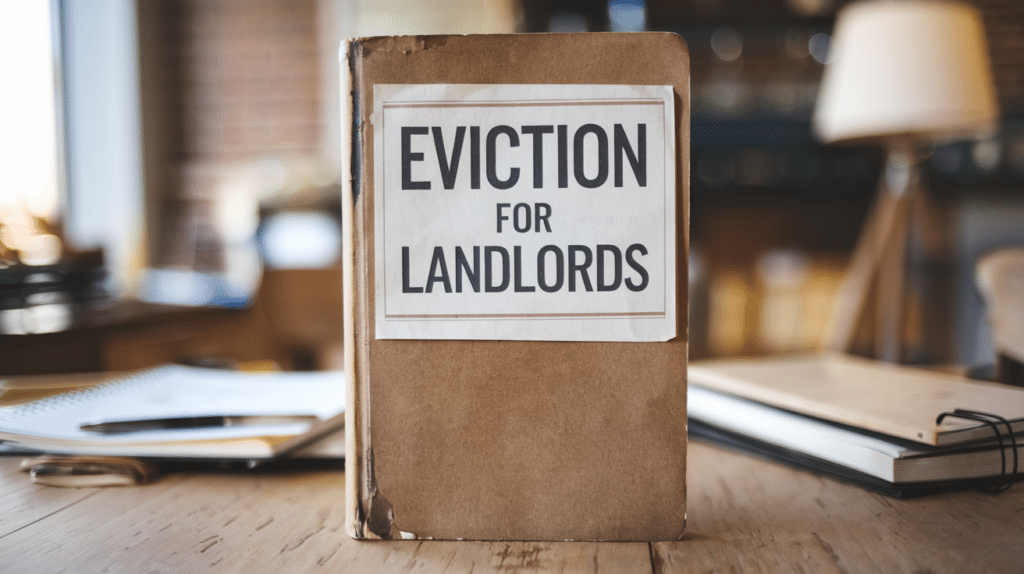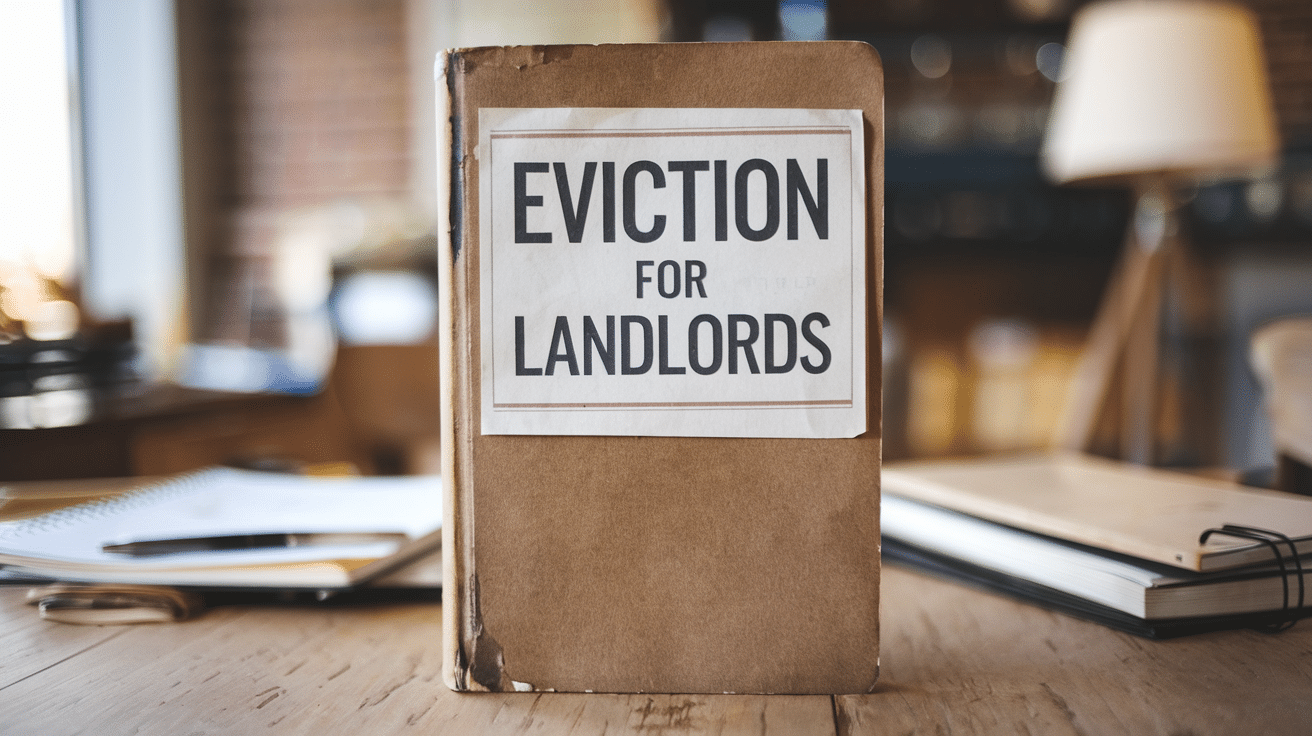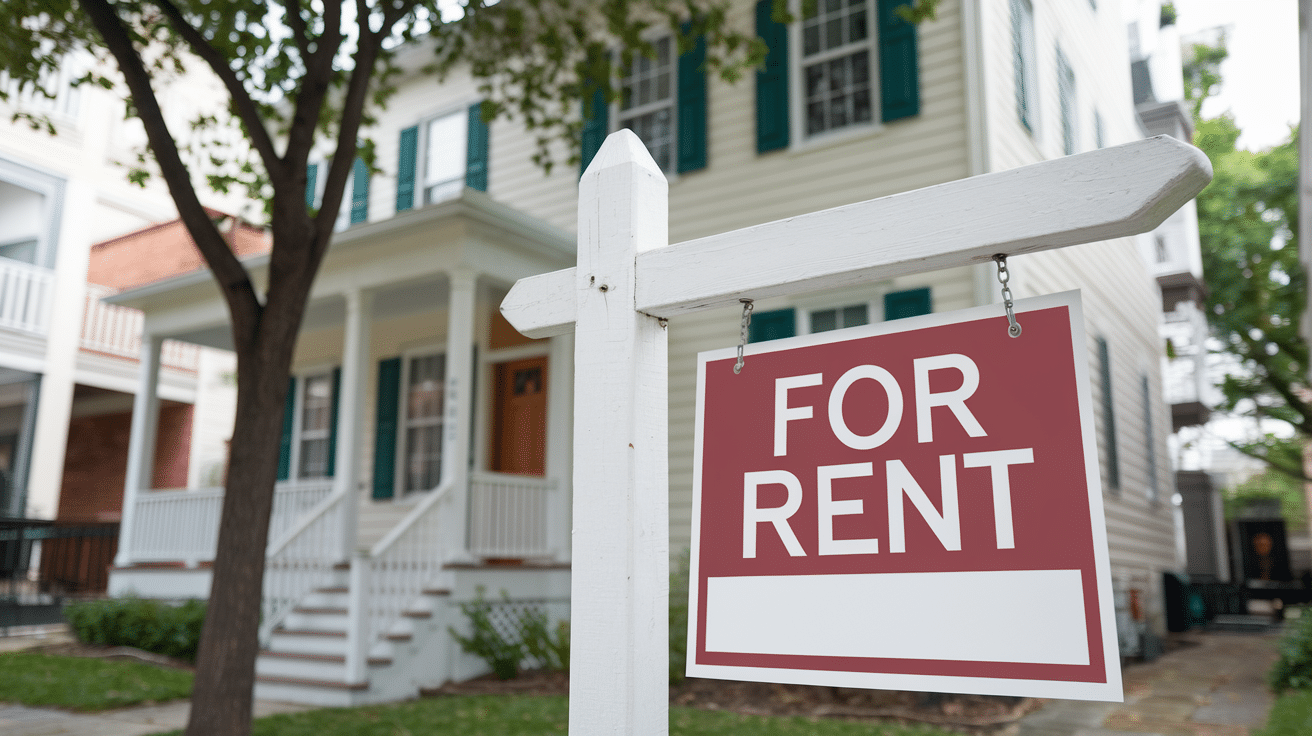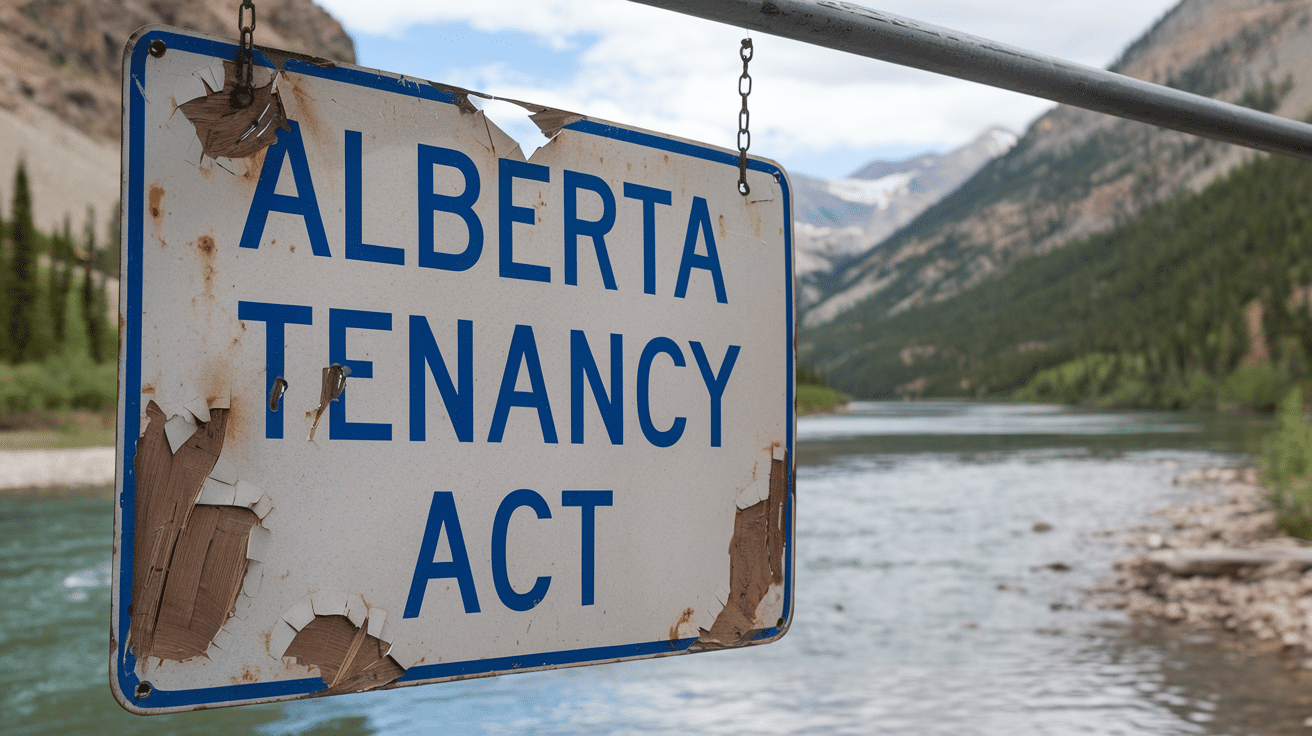The eviction process in Alberta is a crucial topic for landlords and tenants alike. Property Managers Edmonton often grapple with this process, making it essential to understand its intricacies. Let’s delve into the world of evictions in Alberta and uncover some surprising facts that might change your perspective on property rentals.
Key Takeaways
- Alberta’s eviction process is generally more landlord-friendly compared to other Canadian provinces like Ontario and British Columbia.
- The standard eviction process starts with a 14-day notice, but this can be bypassed for serious breaches or persistent late payments.
- Landlords can file claims with the Landlord Tenancy Dispute Resolution Service (TDRS) for $75, with court dates typically scheduled within three weeks.
- Non-payment of rent is a non-contestable reason for eviction in Alberta, simplifying the process for landlords in these cases.
- Proper documentation and evidence are crucial for a successful eviction. Gather all necessary paperwork before filing a claim.
- Alberta has introduced phone hearings, which further expedite the eviction process.
- After receiving an eviction order, landlords may need to hire a bailiff if tenants refuse to vacate the property.
- Post-eviction steps include changing locks to secure the premises.
- While DIY evictions are possible, hiring a professional eviction service can save time, reduce stress, and potentially save money in the long run.
- Understanding the eviction process thoroughly is key to effectively managing rental properties in Alberta.
Alberta’s Landlord-Friendly Regulations

Alberta’s rental regulations stand out as particularly landlord-friendly compared to other Canadian provinces. While provinces like Ontario and British Columbia can present challenges for landlords, Alberta’s Tenancy Act offers more favorable conditions. It’s as if Alberta is giving landlords a supportive pat on the back!
The Speedy Eviction Process
Initiating an Eviction
In Alberta, the eviction process moves at an impressive pace. If a tenant fails to pay rent by the first of the month, landlords can issue an eviction notice promptly. The tenant then has a 14-day grace period to settle the outstanding rent.
Taking Action with TDRS
If the 14-day period passes without payment, landlords can file a case with the Landlord Tenancy Dispute Resolution Service (TDRS). This service acts as a mediator in landlord-tenant disputes, offering a swift resolution.
Fast-Tracked Court Proceedings
Filing with the TDRS is straightforward and affordable, costing just $75. Impressively, court dates are typically scheduled within three weeks. Alberta has even introduced phone hearings, further expediting the process.
Comparing Alberta to Other Provinces
The efficiency of Alberta’s eviction process becomes even more apparent when compared to other provinces. In Ontario, for instance, eviction proceedings can drag on for up to six months due to court backlogs. This extended timeline can lead to significant financial strain for landlords.
Debunking Eviction Myths
Myth 1: The Mandatory 14-Day Notice
Contrary to popular belief, a 14-day eviction notice isn’t always necessary. In cases of persistent late payments or serious lease violations, landlords can bypass this notice and file directly with the Residential Tenancy Dispute Resolution Service (RTDRS) or the courts.
Myth 2: Evictions Favor Tenants
Another common misconception is that evictions are inherently difficult and biased towards tenants. In reality, the process in Alberta is designed to be fair to both parties. The key to success lies in thorough preparation and understanding of the process.
The Eviction Process: A Step-by-Step Guide
- Gather Documentation: Collect all relevant documents, including lease agreements, tenant ledgers, and payment records.
- Prepare the Hearing Package: Compile your evidence and ensure each registered tenant receives a copy.
- Attend the Hearing: Present your case clearly and concisely, focusing on the main issue at hand.
- File the Court Order: Once obtained, file the court order with the Court of King’s Bench to make it official.
- Engage a Bailiff: If the tenant refuses to vacate, a bailiff can be called to enforce the eviction.
- Post-Eviction Steps: Don’t forget to change the locks after the eviction is complete.
The Unexpected Benefits of Evictions
Surprisingly, evictions aren’t always negative experiences. In some cases, they can serve as a wake-up call for tenants, leading to improved financial management and budgeting skills.
DIY vs. Professional Eviction Services
While handling evictions yourself might seem cost-effective, it can be risky without proper knowledge. Hiring a professional eviction service can save time, reduce stress, and potentially save money in the long run by ensuring the process is handled correctly.
Who Benefits from This Knowledge?
Understanding Alberta’s eviction process is invaluable for landlords, property managers, and even tenants in the province. It provides a comprehensive map of the eviction landscape, allowing for better navigation of rental situations.
Conclusion
Alberta’s eviction process stands out for its speed and landlord-friendly approach. However, it still requires a thorough understanding of the rules and proper preparation. By mastering this process, you can effectively manage your rental properties and navigate the sometimes turbulent waters of property management in Alberta.
Remember, knowledge is power in the world of property management. With a solid understanding of Alberta’s eviction process, you’ll be well-equipped to handle any rental situation that comes your way!
Frequently Asked Questions About the Eviction Process in Alberta
Q1: How long does the eviction process take in Alberta?
A: The eviction process in Alberta is relatively quick compared to other provinces. Once a 14-day notice is served, and if the tenant doesn’t comply, you can file with the TDRS. Court dates are typically scheduled within three weeks, making the entire process potentially as short as 5-6 weeks.
Q2: Do I always need to give a 14-day eviction notice?
A: No, not always. In cases of serious breaches or persistent late payments, landlords can bypass the 14-day notice and file directly with the RTDRS or courts. However, it’s crucial to have solid evidence to support your case.
Q3: How much does it cost to file an eviction claim in Alberta?
A: Filing a claim with the Landlord Tenancy Dispute Resolution Service (TDRS) costs $75. This fee is relatively low compared to potential losses from unpaid rent.
Q4: Can a tenant contest an eviction for non-payment of rent?
A: Non-payment of rent is one of the few reasons for eviction that tenants cannot contest in Alberta. This makes the process more straightforward for landlords in these cases.
Q5: What happens if the tenant refuses to leave after receiving an eviction order?
A: If a tenant refuses to vacate the property after receiving an eviction order, landlords can hire a bailiff to enforce the eviction and ensure the property is vacated.
Q6: Are there any situations where I can evict a tenant immediately?
A: Yes, in cases involving violence or illegal activities, landlords can issue a 24-hour eviction notice. However, it’s crucial to have clear evidence and follow proper legal procedures.
Q7: Can I change the locks once a tenant is evicted?
A: Yes, once the eviction process is complete and the tenant has vacated the property, you should change the locks to secure the premises.
Adding this FAQ section to the article will provide additional value to readers and address common concerns about the eviction process in Alberta.






